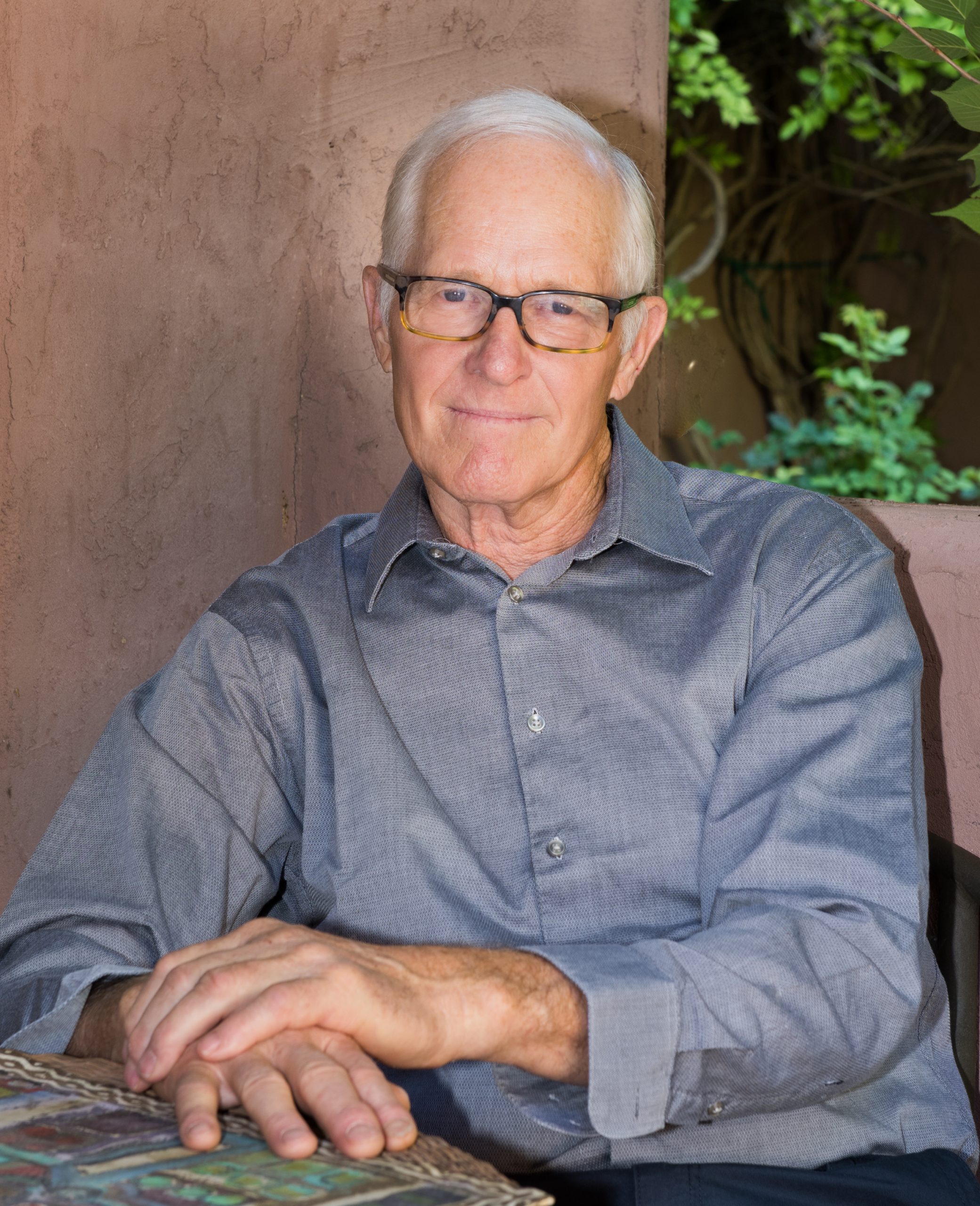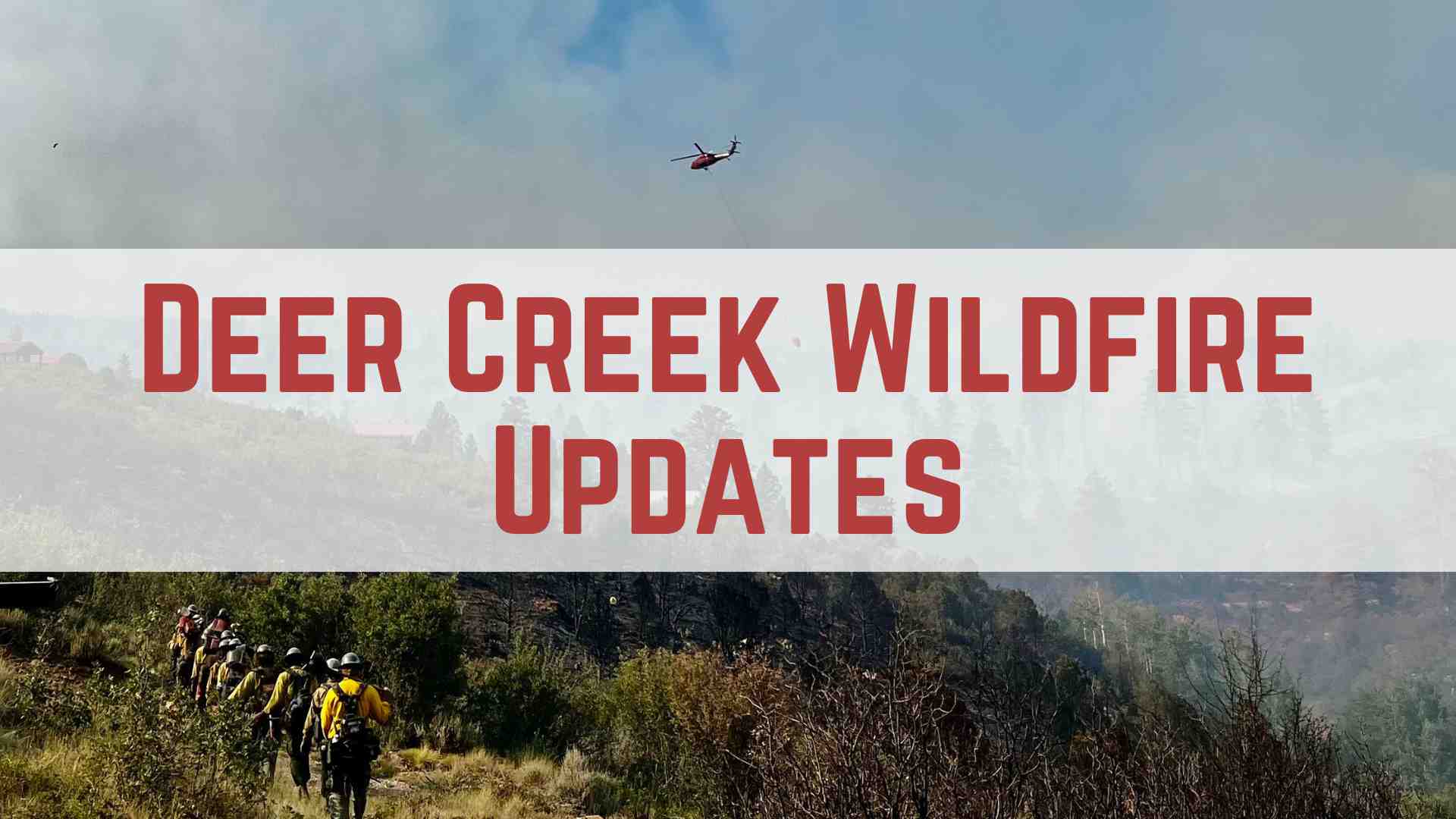Some information may be outdated.
Three familiar issues of concern came up repeatedly in the candidate forum hosted by the League of Women Voters at Star Hall on Monday, Sept. 24: affordable housing, Utah State House Bill 224 and water use in the midst of increasing development.
The League of Women Voters (LWV) hosted candidates vying for three contested local elected positions: one of the at-large seats on the Grand County Council, the District 4 seat on the Grand County School Board and Grand County Attorney.
Candidates had limited time to answer questions that had been solicited from the community by the LWV in advance, as well as one question each that the candidates themselves had submitted to the moderator.
The hot-button topics surfaced across the races. School board candidate Dr. Katherine Williams identified affordable housing as the most pressing issue facing the school district in the coming years.
Williams and her husband have a family medical practice in Moab, and have two kids, one of whom is currently enrolled at Grand County High School (GCHS), while the other recently graduated from GCHS.
“I do think that the affordable housing crisis is definitely a crisis, and it is affecting many aspects of the Moab community, but the teacher community as well,” Williams said.
She cited lack of housing options as a cause of teacher attrition in Moab, and said the school board is considering offering a temporary housing program for new teachers to give them time to find a suitable living situation.
Williams’ opponent, Ryan Anderson, was not able to attend the forum in person, but created a video to present his views.
Anderson taught English and art at GCHS for many years, and has been involved with the National Education Association and has sat on several state boards related to education. He focused on his decades of experience in education, emphasizing the importance of caring for children’s needs and communication with parents and community members.
“Experience matters,” Anderson said in his closing remarks.
The two candidates for Grand County Attorney were also asked about the current most pressing issues facing the office they hope to fill.
Christina Sloan identified two stand-out issues. Sloan has been practicing law in Moab for 17 years. She ran for the office of Grand County Attorney in 2010 and she was defeated by the current county attorney, Andrew Fitzgerald.
The first was collaboration between different law enforcement and emergency response organizations in the area. The second issue she brought up was House Bill 224.
“It’s one of the biggest battles we’ve had in the last couple decades — and here we are again,” Sloan said of the bill, which was passed this spring at the state level and requires Grand County to select a new form of government. “There’s been a lot of pain about how we got to this point — I think we need to let that go, and we need to focus on what is the best process for our county… the county attorney’s role in that is not partisan.”
Stephen Stocks is running against Sloan for Grand County Attorney.
Stocks said he has wanted to be an attorney since childhood, and returned to his hometown of Moab after receiving his license to practice law in 2016.
He agreed with Sloan that communication is key, and that “House Bill 224 will be something that we’ll have to address.”
As the most pressing issue facing the Grand County Attorney’s office, Stocks cited the need for “a judicial ideology.”
He further explained, “How are you going to go about handling criminal cases — what is in your mind? Are you looking for rehabilitation, punishment, what? I believe that rehabilitation is the most important facet of that.”
Incumbent Grand County Council member Mary McGann is running for re-election against candidate Norm Knapp.
McGann is the current chair of Grand County Council, and said she has had a lifelong passion for public service. She is a retired school teacher.
Knapp is a co-owner of Canyonland Auto Sales. He’s made Moab his home for the past 11 years.
Both Knapp and McGann discussed House Bill 224 and affordable housing, and also aired their views on water use and conservation as Moab valley continues to grow and develop.
“Based on a preliminary 2018 U.S. Geological Survey study, we are not currently taking more out of our aquifer than we are using,” McGann said. “But that’s right now … we have to really look closely at how much our houses, our residents, and our businesses are using … we need to make sure that we always have reserves.”
She suggested that approval for new developments might come with codes regulating water use.
“It is the elected officials’ duty to create the planning and the policies,” she said.
When it was Knapp’s turn to answer the question on what kind of water regulations he would support, he said, “I guess the easiest answer to that is, I’d support anything that’s realistic.”
Knapp acknowledged that the county faces “problems” with water.
“I agree with Mary that the USGS survey shows that the water is good for the current situation, and also for growth. But we can never do enough with water — that’s our most important resource. We just need to watch everything that we can.”
Knapp also suggested that communication and community input would help the county come to solutions on water issues.
“Water is very important,” Knapp said. “I know the drought the past couple years has seemed to make us really realize that that is an issue. But I think if we work hard together we can do something to help that issue out.”
Terry Morse and Jaylyn Hawks are both running unopposed for the Grand County Council, representing districts one and three, respectively.
With no one challenging their seats, they don’t have to convince anyone to vote for them in order to serve another term. However, they appeared at the forum to answer community questions.
Morse has served in the military, competed as a professional skier and worked in the real estate business. He has lived in Grand County for 20 years.
Hawks has lived in Moab since 1997 and worked for local nonprofits in community relations.
Morse and Hawks were asked about their views on water use.
Morse called water “the 1,000-pound gorilla” in the room, and said it was “No. 1 on [his] list.”
Morse said, “[U]nderstanding what our water resources are, and addressing honestly what they are —what we have allocated through paper water rights, both ground water and surface water, and the interest that the various water companies and organizations have in this county about protecting their positions in the water conversation — it’s just something that we really need to think about and talk about.”
Hawks agreed that the county needs to look closely at how, and how much, water is being used.
“Ground water is our cleanest, cheapest and best source of drinking water,” she said. “We live in a desert, completing another dry year where signs of hugely decreased surface water are apparent nearly everywhere we look.”
She referenced the recent USGS study as a good first step in examining county water availability. Hawks said she is following the advice of a water engineer when she said, “Don’t panic quite yet — but meanwhile, we can take measures to conserve resources where we can and look for ways to cut down on waste and fully utilize what we have.”
The 2018 ballots will also ask voters to consider several amendments, an opinion questions and propositions. The LWV members quickly summarized each of these items.
Amendment A would modify a law that allows for property tax exemptions for those on active military duty for 200 days in a calendar year.
The new wording, if approved, would slightly redefine the eligibility for this exemption, and extend the exemption to some active military members who would otherwise be excluded on a technicality. Amendment B would allow for the possibility of property tax exemptions on land leased by a government entity from a private owner.
Amendment C would allow the state legislature to convene a special session under certain circumstances. Currently only the governor can call a special session.
There will be one “non-binding opinion question” on the ballot. The question is whether the voter would support a .10-cents/gallon gas tax, to be used to fund local roads and transportation projects, which would then free up other resources previously allocated to roads, to be used to fund education. The vote on this question will not determine whether or not such a tax will go into effect, it’s only gauging public support for the measure.
Several propositions will appear on the 2018 ballot.
A “yes” vote for Proposition 2 would allow the use of medical cannabis, with restrictions.
Proposition 3 would, if passed, expand medicaid eligibility in Utah to low-income adults. This would be paid for in part through federal funding and in part through a .15-percent increase in state sales tax, raising the tax from 4.7-percent to 4.85-percent.
Proposition 4, in an attempt to reform gerrymandering practices, would create a bipartisan committee to create voter districts. The LWV, a nonpartisan organization, is officially in favor of Proposition 4.
The last proposition on the ballot — Prop 9 — is a local initiative. It deals with the issue of House Bill 224.
In accordance with the steps laid out in the new law, Proposition 9 asks voters if the county should establish a study committee to research the four legal options for county government and recommend one to the county.
If Proposition 9 does not pass, there will be no study committee and the county government will default to a three-person commission format.
The Grand County Council submitted an argument in favor of Proposition 9, which is printed in the local voter information pamphlet.
The argument reads, in part, “In order for the citizens of Grand County to have a choice as to their form of government, we must vote yes to Proposition 9.”
School board, county attorney and county council candidates speak out on water, housing and local gov’t at forum
“How are you going to go about handling criminal cases — what is in your mind? Are you looking for rehabilitation, punishment, what? I believe that rehabilitation is the most important facet of that.”
Appreciate the coverage? Help keep local news alive.
Chip in to support the Moab Sun News.





